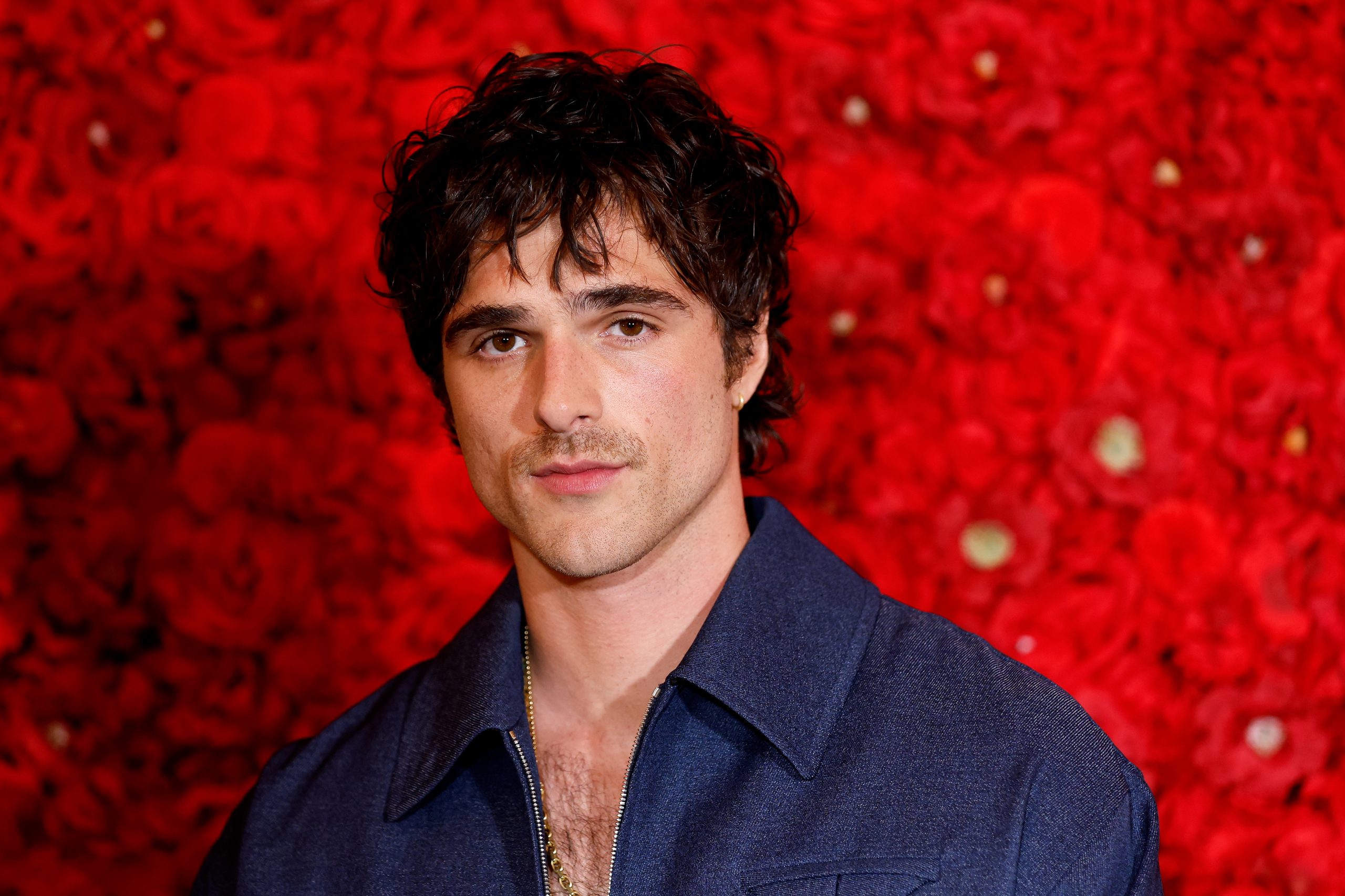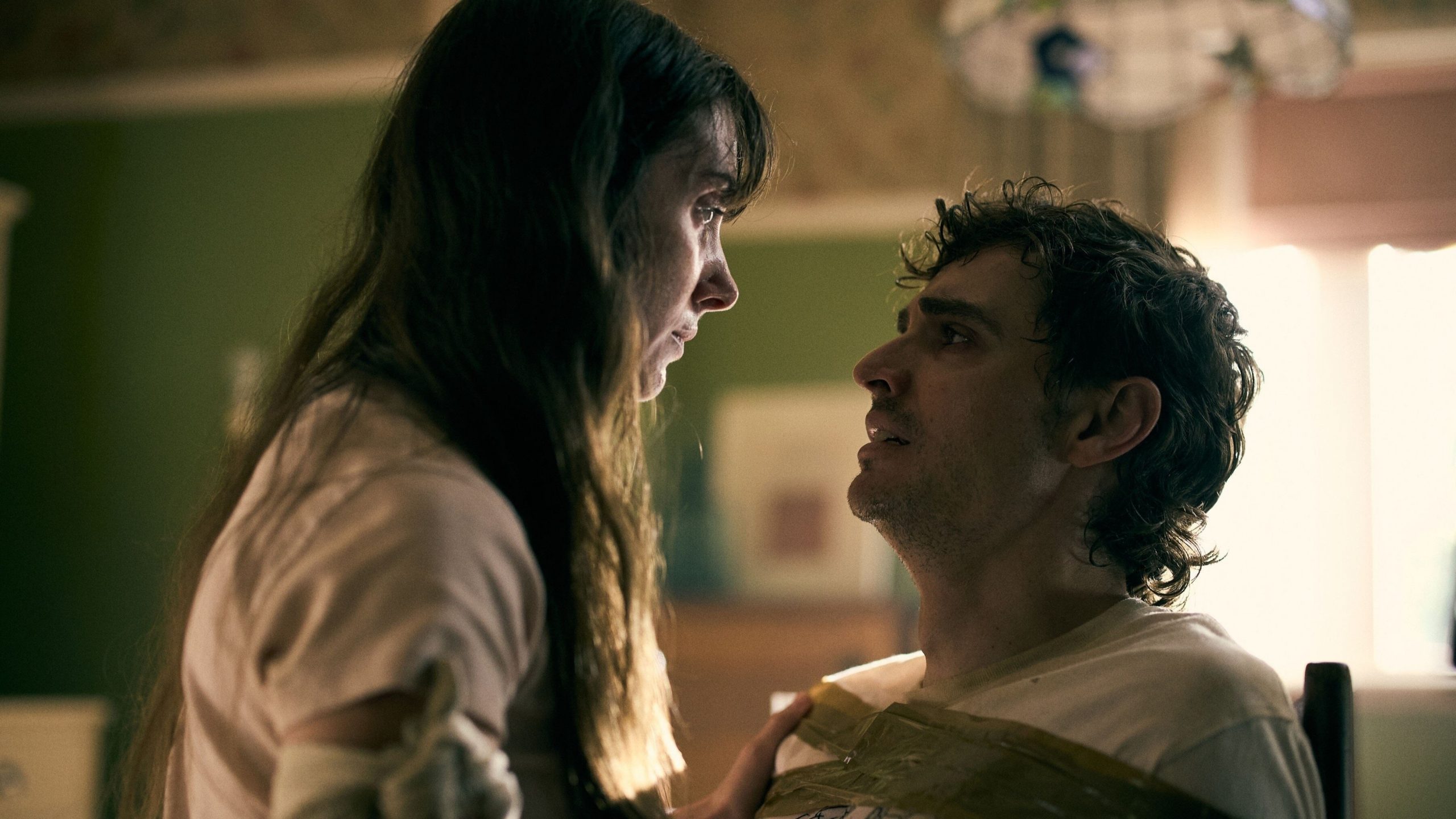Michael Winterbottom has devoted much of his film career to reinterpreting real events through work that blurs the lines between documentary and drama to varying degrees.
The filmmaker shed light on his approach in a recent behind-the-scenes masterclass at the Doha Film Institute (DFI). Welcome to Sarajevo, 24 hour party people, In this world, The Road to Guantanamo, a strong heart And Eleven days in May.
“It’s a continuum, even if you’re shooting a fantasy film in a studio on a green screen, there’s a documentary element to it. They capture that moment of action,” he said when asked about his attitude towards documentaries and fiction.
“Even, even in a documentary like Eleven days… They’re trying to shape that narrative, so it’s a continuum,” he added, referring to the 2022 documentary commemorating 68 children killed in Israeli bombing of Gaza in May 2021.
Winterbottom developed this idea further in his docudrama, which won the Berlinale Golden Bear In this worldtwo young Afghan refugees follow a perilous journey from Pakistan to London, and The road to Guantanamoabout three British men arrested by US forces in Afghanistan in 2001.
“Both of them started reacting to events that we knew about and thought about, that we read and saw in the media,” he said.
In this world The triggers were anti-refugee sentiment in the press and the case of 38 Chinese who died in a container en route to Britain, he said.
“We went out and researched a lot of people’s stories, and the biggest group of people that showed up at the time were Afghan refugees, so we went to Peshawar in Pakistan, where there were a million refugees in that one city,” he explained. .
Winterbottom and writer Tony Grisoni flew to Peshawar in September 2001 on the first flight to the city after the attacks of 11 September 2001.
“We went on what we were told was the most common journey. We met several people who we later put in the film, and when we shot the film, we found two escapees and went out to shoot the film,” he said.
“It’s fiction in a way, but it’s a very observational film. We were actually there as a travel agency. We arranged the trip and they did whatever they wanted during the shooting.”
For The road to GuantanamoWinterbottom and co-director Mat Whitecross spent a month and a half listening to the stories of the three men at the center of the story in a safe house.
“This film alternates between the real person telling us their story and the actors doing what they told us, so reconstruction, and then there’s a part of the film that flashes back to a wedding in Pakistan,” Winterbottom said. said.
“I don’t know what qualifies as a documentary and what qualifies as a drama, but they are different approaches to telling a story,” he said.
Many of the true stories central to Winterbottom’s films received extensive journalistic coverage at the time they took place.
The director said his approach to narrating these events is different from that of journalists.
“Research varies by film,” he said. “You can do a lot of research from books and online, but the biggest element of research is meeting the people and getting a sense of how they behave, and of course going to the places where the story took place,” he said. he said.
“The details we need to recreate the story are not the details journalists are asking for. You have to understand in much more detail how the story unfolds,” he added. “This is not an academic study. It’s about being there and meeting the right people.”
Winterbottom gave an example of this approach in his preparation A mighty heart about the 2002 kidnapping of Wall Street Journal correspondent Daniel Pearl in the Pakistani city of Karachi, with Angelina Jolie as his wife Mariane Pearl.
After Pearl’s kidnapping, Mariane Pearl was assisted by a group of friends, journalists, diplomats and security guards at the couple’s home, which is a key setting for the film.
“Mariane wanted the film to be made. We talked to Mariane and we talked to the people in the house, and then the actors had to talk to Mariane and the other people in the house too,” he said.
“We had a script, but it was also very improvised around what they told us. We tried to see how the actors tried to channel what they were being told.
Winterbottom revealed that working on the Daniel Pearl story also gave him a different perspective on his travels through Pakistan In this world.
“We traveled through Pakistan with a backpack. After doing the Daniel Pearl movie, I found that some of the things I was doing I shouldn’t have been doing. We were traveling through Pakistan when he was kidnapped and killed,” he said.
The presentation also covered Winterbottom’s views on the state of the British film industry and his book 2021 Dark Matter: Independent Filmmaking in the 21st Centurywith interviews with leading British directors Lynne Ramsay, Mike Leigh, Ken Loach, Asif Kapadia and Joanna Hogg about their film practice.
Winterbottom said his research and interviews for the book led him to conclude that Britain needed to do more to support established directors alongside emerging talent.
“In the heyday of the film, from 1945 to 1980, it was normal to make a film every year. Today it’s an average of every three or four years,” he said.
He found that about two-thirds of the directors he interviewed for the book had made only a handful of films in Britain.
“In the UK, there’s the idea that when you do your first film, it’s going to be quite low budget, half a million. If you do something interesting, you get a bit more money for the second one, a million and a half, and if you’re good, you go to America,” Winterbottom said.
“There are many awards for aspiring filmmakers, more than half of the films are made by aspiring filmmakers. It’s crazy. What about funding for directors for the fourth or fifth time, he said, adding that British film funds need to rethink how they allocate support.
“It’s a credit when people create a body of work and go back and do more films,” he said.
Winterbottom was speaking at DFI’s Qumra Talent Incubator event March 10-15, where he attended as one of the so-called Qumra Masters alongside director Ramsay, writer Christopher Hampton, producer David Parfitt and costume designer Jacqueline West.
Source: Deadline
Elizabeth Cabrera is an author and journalist who writes for The Fashion Vibes. With a talent for staying up-to-date on the latest news and trends, Elizabeth is dedicated to delivering informative and engaging articles that keep readers informed on the latest developments.





